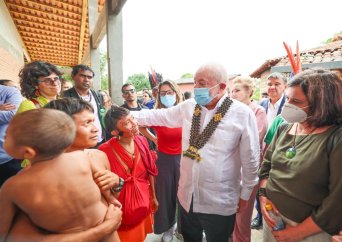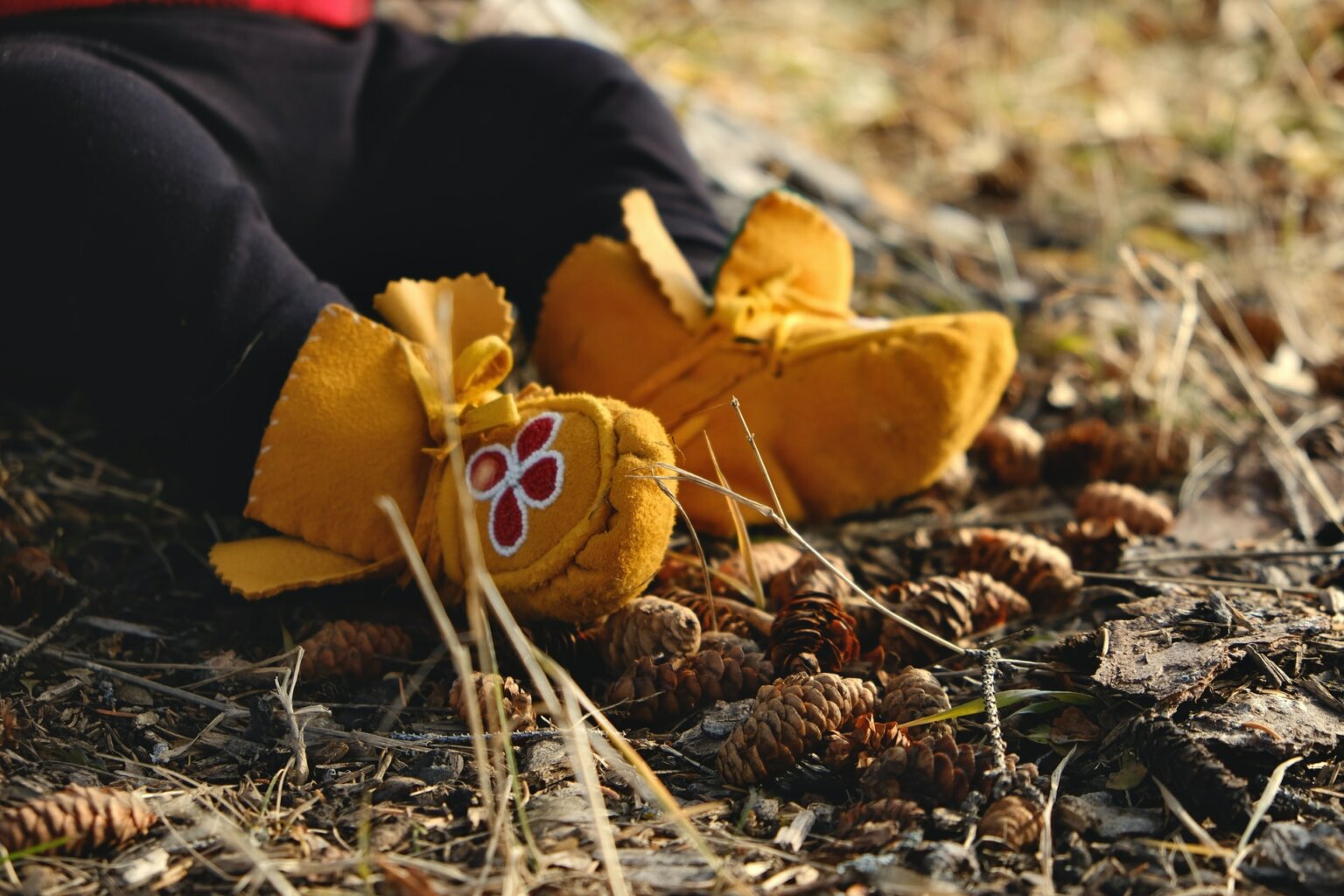- About
- Topics
- Picks
- Audio
- Story
- In-Depth
- Opinion
- News
- Donate
- Signup for our newsletterOur Editors' Best Picks.Send
Read, Debate: Engage.
| topic: | Indigenous people |
|---|---|
| located: | Brazil |
| editor: | Ellen Nemitz |
Severe malnutrition, starvation and intoxication from mercury exposure are some of the grave human rights violations that have affected Yanomami people in the recent past. However, this story has just begun to change. On 20 January, Brazil’s president Luiz Inácio Lula da Silva signed a decree establishing that a national committee will create a coordinated strategy to provide sanitary assistance for this population. Several ministries will present, within 45 days, a project to address the public health emergency affecting around 30,000 inhabitants of the territory, located in northern Brazil.
"Our Yanomami relatives face a humanitarian and health crisis. It is unacceptable to see our relatives die of malnutrition and hunger," declared the Minister for Indigenous Peoples, Sonia Guajajara. Lula also stated his support of that extremely vulnerable population when he visited the territory and found an "inhuman" situation of "abandonment." He guaranteed that the government will "treat our indigenous people like human beings,” providing health, education, food and other necessities.
The recently implemented task-force will work to restore the health conditions and save Yanomami lives, which are now gravely in danger - according to some data provided by the current government, there have been, for instance, 570 child deaths among these people, during the four years in which Bolsonaro ran the country. First measures include the detachment of health teams to run field hospitals, in addition to thousands of food baskets and nutritional supplements for children. Moreover, the Ministry of Human Rights announced a series of projects, especially for Yanomami children, while civil society organisations such as Doctors Without Borders participate in the collective work to provide urgent needs.
The protection of Yanomami and other indigenous people, however, must rely on the roots of the problems: uncompromisingly combating the illegal mining and deforestation, which harms the environment and mostly people who live in the forests. Lula has guaranteed that this is a commitment of his government, something that the activist Davi Kopenawa reinforced: "First of all, he will need to remove the invaders, the illegal mining, if he does not remove them, the disease continues, as well as the destruction and pollution,” Kopenawa said, referring to the president.
According to many reports, the previous administration had been informed several times about the outrageous conditions affecting the indigenous peoples’ rights to live with health and dignity by national and international bodies, such as the Inter-American Commission on Human Rights.
Due investigation will now verify if the neglect could be considered a genocide - former minister Damares Alves, who in Bolsonaro’s administration took care of Women, Family and Human Rights affairs, publicly denied the accusations.
The plan to save the Yanomami people is, indeed, urgent and welcome. Much more is yet to be done - conflicts between indigenous activists and invaders continue to victimise lives in many regions, for instance. Hopefully, minister Guajajara's words shows us that we are in the right path: "We know that it will not be easy to overcome 522 years in 4. But we are willing to make this moment the great recovery of the ancestral strength of the Brazilian soul and spirit," she said during her first speech in office.
Image by Ricardo Stuckert

